In the world of American cinema, few films have left as lasting an impression as The Bad Seed (1956). Directed by Mervyn LeRoy and based on Maxwell Anderson’s play, which itself was adapted from William March’s novel, this psychological thriller has become a cornerstone of the horror genre. With its chilling narrative and unforgettable performances, The Bad Seed continues to captivate audiences nearly seven decades after its release.
A Tale of Innocence and Evil

The story centers around Rhoda Penmark (Patty McCormack), an eight-year-old girl whose outwardly sweet demeanor masks a sinister truth. Her mother, Christine (Nancy Kelly), begins to suspect that her daughter may be a psychopathic killer after a classmate dies under mysterious circumstances. As the film unfolds, it explores the unsettling question of whether nature or nurture is responsible for such dark behavior.
A Film That Defied Censorship
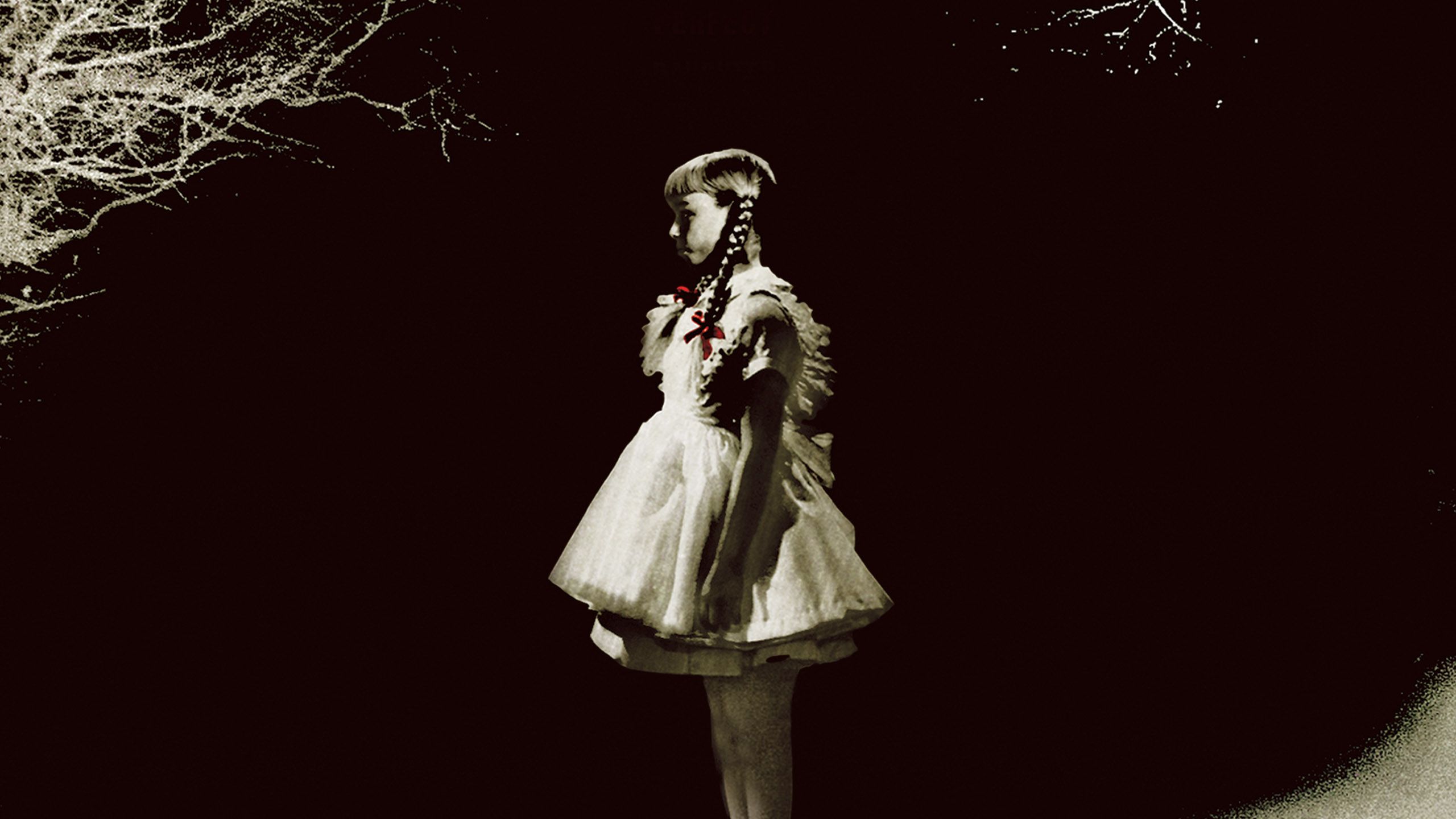
At the time of its release, The Bad Seed faced significant challenges due to its content. The Motion Picture Production Code, which governed the film industry in the 1950s, had strict guidelines about how crime could be portrayed. The original ending of the film, which saw Rhoda survive and her mother die, was deemed inappropriate. To comply with the Code, the ending was changed: Rhoda is ultimately killed by lightning, while her mother lives.
Critical Acclaim and Cultural Impact
Despite these changes, The Bad Seed was a commercial success, earning $4.1 million at the U.S. box office against a $1 million budget. Critics praised its suspenseful storytelling and strong performances, particularly those of Nancy Kelly and Patty McCormack. The film also received recognition from the American Film Institute, which included it on its “100 Years, 100 Thrills” list.
The Legacy of a Young Villain

One of the most memorable aspects of The Bad Seed is the character of Rhoda Penmark. Played with chilling precision by Patty McCormack, she became one of the most iconic child villains in film history. In 2024, Paste magazine ranked Rhoda third among “the best portrayals of cinematic sociopaths,” while Slate called her “the perfect psychopath.”
A Cinematic Innovation
The film also made use of a unique musical element: the French children’s song Au Clair de la Lune, which Rhoda plays on the piano throughout the film. This haunting melody adds to the eerie atmosphere and becomes a recurring motif that underscores the film’s tension.
The Influence of The Bad Seed
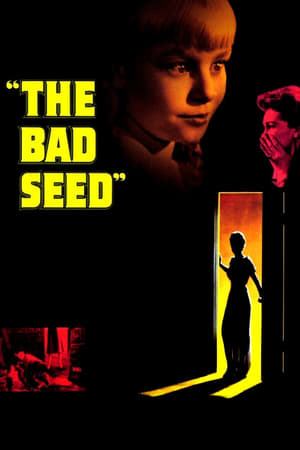
Over the years, The Bad Seed has influenced numerous other works. It inspired the 1992 off-Broadway musical Ruthless! and the 1993 film The Good Son. Additionally, the 2018 film House of Deadly Secrets and the 1995 film Mommy are often considered unofficial sequels.
The Remakes and Reboots
The film’s enduring popularity led to several adaptations. In 1985, a television remake was produced, but it received mixed reviews. A more recent version, produced by Lifetime, aired in 2018 and featured a new cast, including Mckenna Grace and Patty McCormack returning as Dr. March. A sequel, The Bad Seed Returns, followed in 2022.
A Timeless Story
Though nearly 70 years old, The Bad Seed remains relevant today. Its exploration of the nature versus nurture debate, combined with its gripping narrative and powerful performances, ensures that it will continue to resonate with new generations of viewers.
Final Thoughts
The Bad Seed is more than just a classic thriller—it is a thought-provoking film that challenges viewers to consider the darker side of human nature. With its compelling performances, atmospheric storytelling, and cultural significance, it stands as a testament to the power of cinema to entertain and provoke.
Meta Title: The Bad Seed Movie: A Classic Thriller
Meta Description: Discover the legacy of The Bad Seed (1956), a psychological thriller that continues to captivate audiences with its chilling tale of innocence and evil.
Author: Sarah Mitchell
Title/Role: Film Critic & Cultural Analyst
Credentials: With over a decade of experience in film analysis and cultural commentary, Sarah has contributed to major publications and media outlets across the United States.
Profile Link: www.sarahmitchellfilm.com
Sources:
– IMDb – The Bad Seed (1956)
– Rotten Tomatoes – The Bad Seed (1956)
– American Film Institute – 100 Years, 100 Thrills
Internal Links:
– Top US News: What’s Trending Today
– Latest Entertainment Headlines
– Cinema Classics You Should Know
Call to Action: Stay updated with the latest news and reviews on trending topics in the United States. Explore today’s headlines and discover what’s making waves in entertainment, politics, and beyond.
URL Slug: /the-bad-seed-movie-classic-thriller
Schema Markup:
<script type="application/ld+json">
{
"@context": "https://schema.org",
"@type": "Article",
"headline": "The Bad Seed Movie: A Classic Thriller with a Dark Legacy",
"description": "Discover the legacy of The Bad Seed (1956), a psychological thriller that continues to captivate audiences with its chilling tale of innocence and evil.",
"datePublished": "1956-04-25",
"author": {
"@type": "Person",
"name": "Sarah Mitchell"
},
"publisher": {
"@type": "Organization",
"name": "US News Daily",
"logo": {
"@type": "ImageObject",
"url": "https://www.usnewsdaily.com/images/logo.png"
}
}
}
</script>
Featured Snippet Optimization:
“The Bad Seed” (1956) is a psychological thriller directed by Mervyn LeRoy, based on Maxwell Anderson’s play and William March’s novel. It follows a young girl who may be a psychopathic killer, exploring the nature versus nurture debate. The film was a box office success and has since influenced many other works in the horror genre.




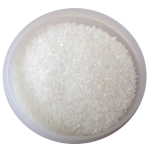

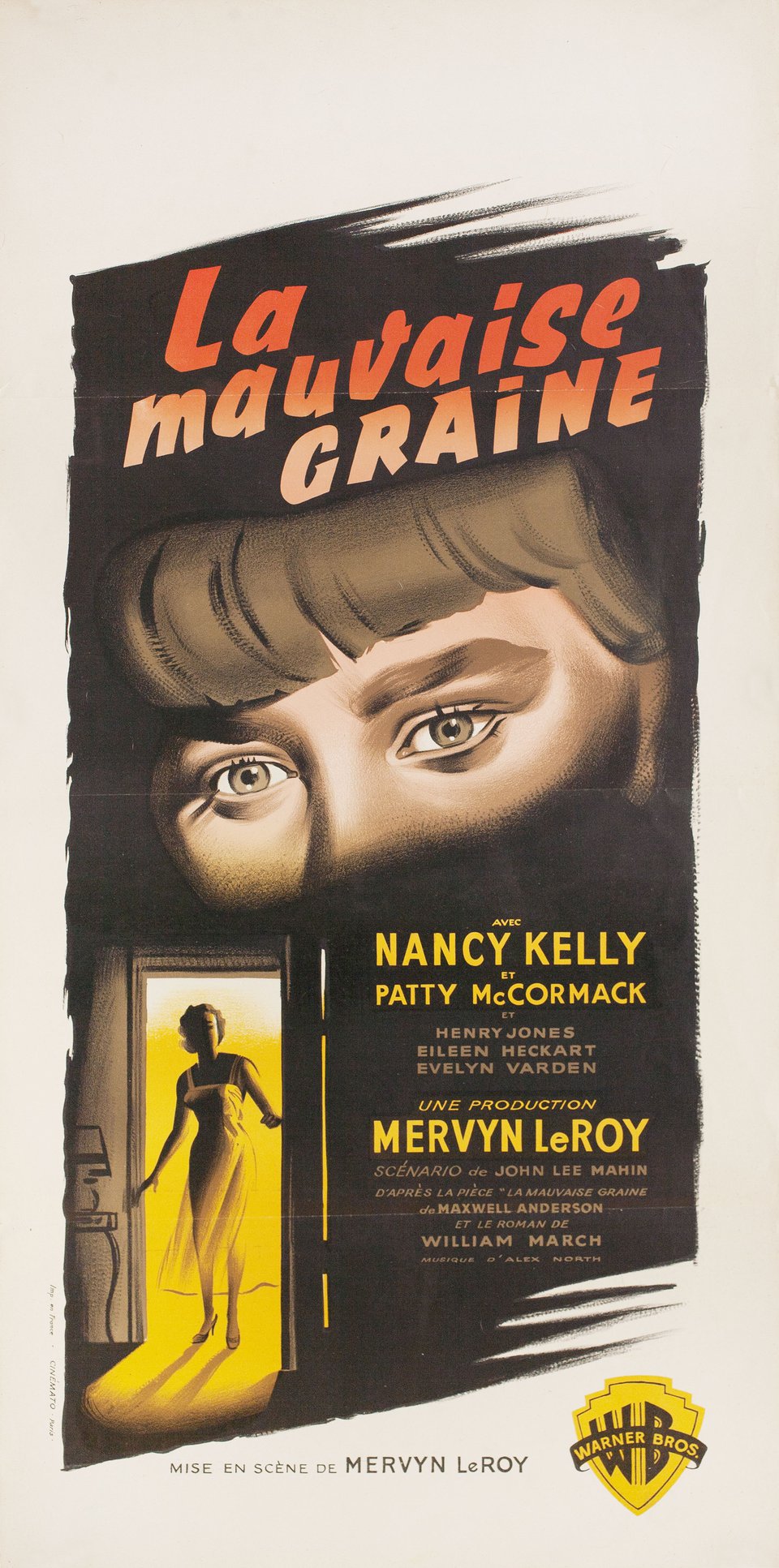



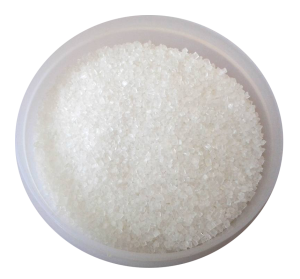
More Stories
US Trending News: What You Need to Know About the ‘Strange Harvest’ Movie
US Trending News: 10 Stupid Jokes That Will Make You Laugh Out Loud
US Trending News: Everything You Need to Know About ‘Suffs’ in San Francisco